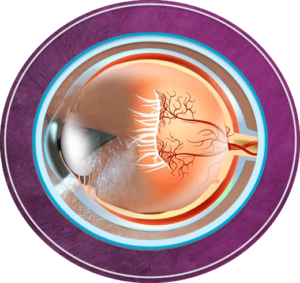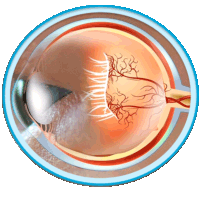What to Know About Taking Part in a Clinical Trial
- Ask your eye doctor about clinical trials related to your eye disease.
- If your eye doctor says you may be a good candidate for a clinical trial, don’t be afraid to ask questions about the trial. Some possible questions: What would you need to do to participate? How many visits/appointments are needed related to the trial? Is there any assistance with transportation costs for trial-related appointments?
- If you speak another language, find out if trial-related paperwork is available in your native language.
Before you join the trial, leaders of the clinical trial will let you know what you need to do to participate. They can also let you know how you can leave the trial if you choose to do so. Providing information about the trial and letting you know about any potential treatment side effects is called informed consent.1
For more information about clinical trials, click here to access a variety of educational videos and information about medical research, as well as important questions to ask provided by the US Department of Health and Human Services (HHS).2 Sharing this information with your provider can help you identify appropriate trials for your retinal condition and support discussions on whether or not participation in a clinical trial is right for you.
References
- US Food and Drug Administration. Clinical trial diversity. https://www.fda.gov/consumers/minority-health-and-health-equity/clinical-trial-diversity
- HHS, Office for Human Research Protections. About research participation. https://www.hhs.gov/ohrp/education-and-outreach/about-research-participation/index.html










